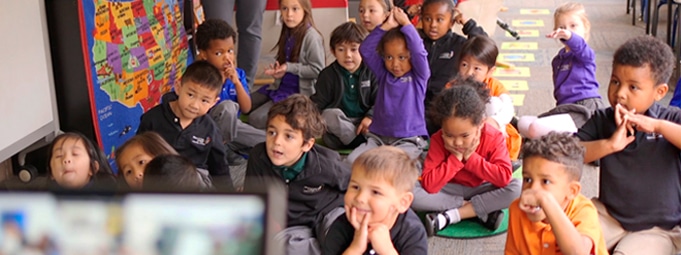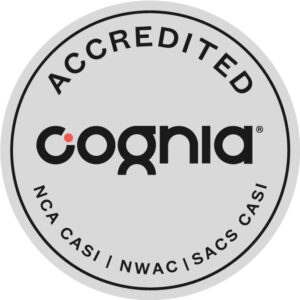
One thing is irrevocable, and that is that all students are diverse. They each prefer certain learning strategies and are likely to respond differently to various educational experiences. Although diverse, students do share one commonality. They are full of curiosity. What makes teaching so fascinating for teachers is being able to strike interest in their students through their curiosity. However, many students nowadays struggle to find curiosity within their learning. Oftentimes, when students lack this quality and are confronted with questions, it leads to boredom and uncertainty. How can teachers begin to combat this issue and spark excitement and curiosity in the classroom? Inquiry based learning has brought lasting improvements to classrooms and can be the perfect tactic to achieve successful learning.
Overall, the goal of inquiry based learning is to push students to want more information. It not only triggers a desire to learn about a subject but it also leads to excitement in the classroom. It’s no wonder that students tend to ask more questions about topics that interest them.
“Inquiry based learning is more than asking a student what he or she wants to know. It’s about activating curiosity.”
– Heather Gawron, Edutopia
When preparing lesson plans, it’s is extremely important to think outside the box. Teachers have a lot of responsibilities when it comes to directing their teaching. In fact, inquiry based learning requires strategic planning and flexibility. It’s about knowing your students well enough to anticipate their interests.
In order to truly understand each student, teachers must individually express that they matter. By dedicating time to recognize students’ strengths and weaknesses, teachers can plan lessons accordingly. Because students are so diverse, it may be a challenge to narrow down lessons. According to the Harvard Business Review, a higher curiosity quotient can indicate more flexibility and help build a greater ability to handle complexity. To start, teachers can first generate their own inquiry. What triggers their own curiosity?
Inquiry based learning utilizes different approaches to learning. Collaboration is a highly valuable method at Renton Prep and is an excellent measure to achieve inquiry based learning. Guided learning and small group discussions help students break down their ideas with one another. Most students enjoy being hands-on rather than listening to lectures or taking notes. Through exploration, experience, and discussion, students can truly grasp lessons and obtain knowledge from it.
As mentioned above, hands-on activities excite students. For non-visual learners, these exercises are the most effective when learning a subject. Statistically, humans retain 75% of what they do compared to 5% of what they hear and 10% of what they read. At Renton Prep, it is a priority to involve students in school-related events and educational field trips. They come back from these experiences with a changed mindset. That is what makes our job as teachers and educators so enthralling. Even our teachers participate in explorations. This summer, Renton Prep staff members embarked on a scavenger hunt throughout downtown Seattle. They were able to bring that impact into their classrooms. Similarly, students are moved by school trips and opportunities to explore.
A great way to achieve inquiry based learning is to find new ways to present information we are already familiar with. For example, when learning about chemistry, putting together hands-on experiments will not only excite students about a topic they may not have been interested in to begin with, but it will keep them engaged in learning. Finding solutions to enable learning will improve classroom experiences. Teachers and students can then reflect on a topic and apply it to their daily lives.
Teachers need to strive to make their students beg for more information. Taking the confusion in students and turning it into enthusiasm will make all the difference. First, curiosity leads to inquiry. In other words, when students are confused about something, they will ask a question about it. That curiosity leads to a desire to understand, which then results in inquiry based learning. Oftentimes, a student’s curiosity tends to veer class discussions that result getting off-topic. Rather than avoiding these situations, teachers can help students find a way to connect or relate their thoughts to the focus of the topic.
“A higher curiosity quotient can indicate more flexibility and help build a greater ability to handle complexity.”
-Harvard Business Review
We want to fill our classrooms with passion. From teachers who are dedicated, to students who are motivated, Renton Prep continues to make a difference locally and globally. We are grateful for all that our students have accomplished and are excited to continue making more progress down the road of education. We are a Christ-centered and technology enhanced Micro-School and we would love to meet new faces and build a bigger Renton Prep family. Contact us for more information about our school.

